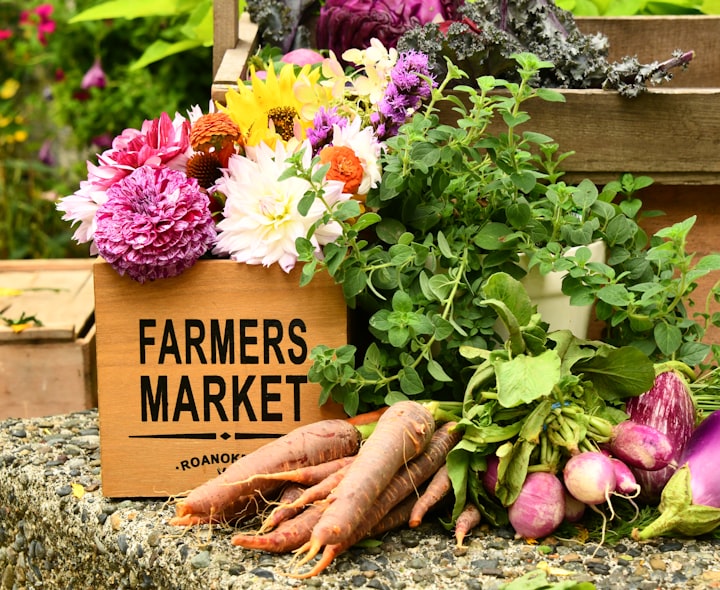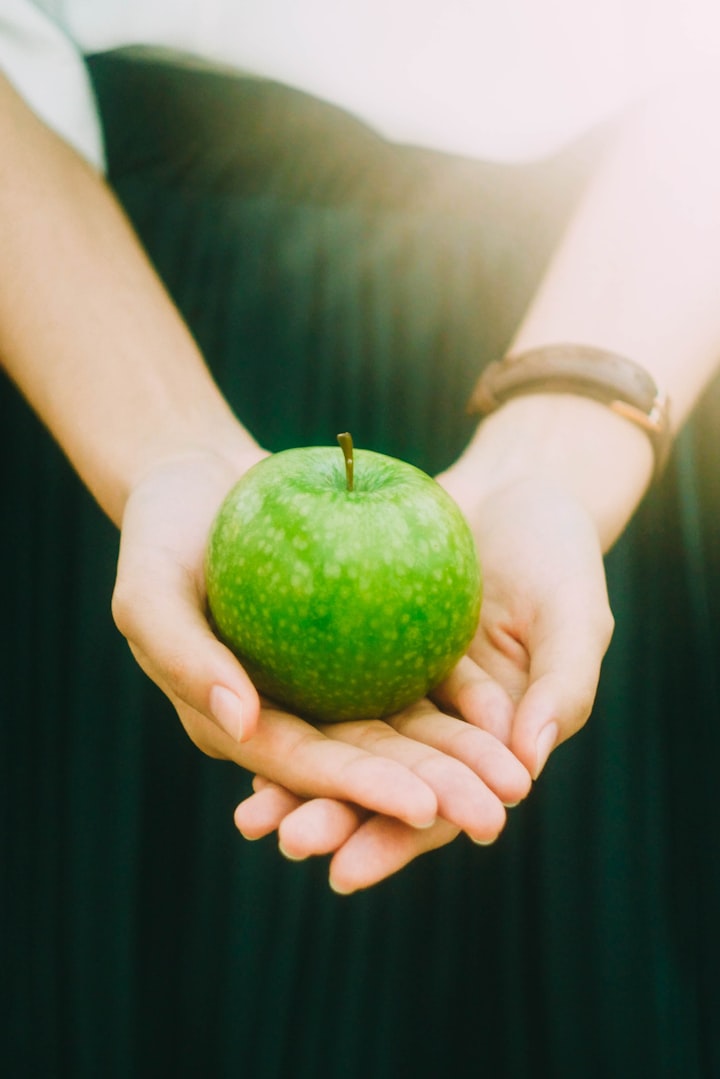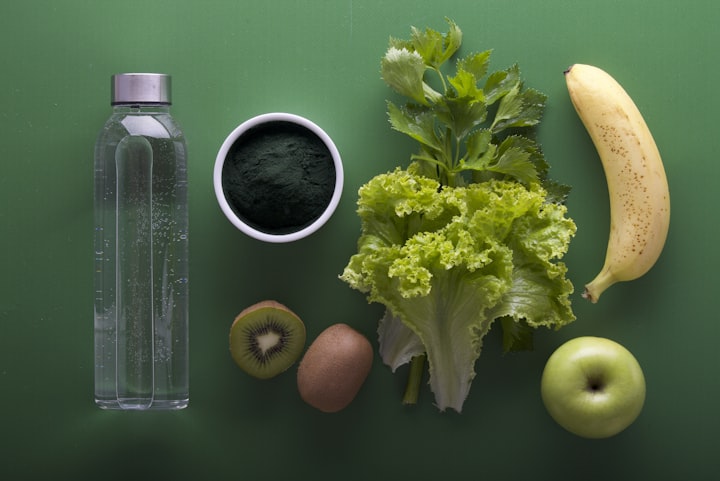Is Healthy Eating Cheaper Than You Realize?
You don't have to break the bank to boost your health

After working in health and nutrition for half my life, one of the biggest objections I hear is that it's too expensive to take on a healthy eating lifestyle.
But is it?
Those new to a healthier lifestyle often think they have to eat the rarest organic items known to man. There's the thought that any animal proteins need to have stories read to them each night, and potatoes have to be hand-washed by monks.
It's true that some people overspend when it comes to food, but healthy eating really doesn't have to be that expensive.
Have Our Spending Priorities Changed?
Monthly budgets have changed drastically over the last century. We have more options to spend (waste) our money on than our grandparents and great-grandparents could ever dream of.
Has this thrown our health all out of whack?
In 1900, people spent 43% of their income on food. Only 2% was spent on entertainment. Granted, most entertainment back then was based around butter churning competitions - but it's interesting to see the priority placed on food.
Even in the 1950s, around 30% of a household income was spent on food. That's a significant amount of money, but there was the understanding that quality was worth it.
From the mid-2000s onward, we are only spending 13% on food.
When you look at how our health levels have plummeted, this 13% statistic kind of adds up. It may be a shock to see how little priority our nutrition has received. Eating as healthy as possible is more important than ever for people and families.
You want to be responsible and save for the future, but you also want to get to that future in the best health possible.
Has Our Food Become More Expensive?
Back to the food budget issue. I think many people have avoided healthy eating because of the stigma of high cost. This may be why we've spent less on inferior foods.
When I tell people I only shop at farmer's markets, they assume I'm a part-time drug dealer - or have sold both kidneys. I quickly inform them (as will any ex-girlfriend) that I'm at a level of cheapness unmeasurable by modern science.
But I shop at markets because not only is it healthy - it's really not expensive at all.
It surprises many how the cost of produce can actually be cheaper at a farmer's market than at a regular grocery store. The farmer's market near me sells locally grown sweet potatoes at the same price per pound as the big supermarkets. These grocery stores bring them in from another country and mine were grown 15 miles away.
I understand this varies by region, but the farmer's markets I've found have cheaper berries, potatoes, garlic, onions, lettuce, carrots, zucchini, and so on.
I have three big-chain supermarkets near me, and the only things I could find cheaper were green onions, apples, and eggs. And I'm going to go out on a limb and assume those eggs aren't exactly from free-range organic chickens.
Where's the Beef?
What's also surprising is the cost of beef at a farmer's market. Even if you're not a meat-eater, It's an interesting thing to look at and compare. I'm in Canada, so I searched around to compare prices on beef.
The cheapest beef I could find is at Walmart for $5.25 a pound - and I use the term "beef" lightly. The farmer's market near me sells it for $5 a pound. I can't even begin to tell you the night and day difference between these two products.
Beef found in big chain stores will no doubt come from confinement lot, hormone-treated cattle. Basically, you are eating an animal that barely walks and is fed garbage while being pumped full of antibiotics and hormones.
These are very sick animals. If you live in Europe, you know that this type of beef is often banned from even entering the continent.
I spent a lot of time in New Zealand and they couldn't comprehend why animals would be pumped full of hormones and not allowed to live a natural existence.
No matter what reasons you have to avoid beef, I definitely get it, but farmer's market beef is grass-fed and finished, allowed to roam, hormone-free, and able to live like an actual animal.
If you eat beef, the taste difference is night and day. When it comes to money and value, you actually end up with better value. When you prepare grass-fed beef, you don't lose a majority of it through the cooking process.
Compare this to supermarket beef which is filled with excess water and fat. You could honestly say that this type of protein is just fat disguised as beef.
Same thing with bacon. The grocery store version shrinks and shrivels into a single bite while grass-fed. Organic bacon keeps its full size when cooked. In the long run, you end up losing money with supermarket beef as you don't get what you pay for.
Health-wise, grass-fed beef is higher in omega-3 content and conjugated linoleic acid (CLA). CLA is a natural fatty acid that may help with things like fat loss and may lower the risk of diabetes.
If you are a meat-eater, look around for the best versions you can find.
Key Takeaways
As usual, the point is to focus on real whole foods as often as possible. If you shop in a supermarket, stay on the perimeter of the store as that's where you'll find the fresh stuff.
But I encourage you to venture out and check out local farmer's markets. It may surprise you how many are nearby. I like to think that I'm pretty tuned into the local healthy food scene, and then I found three different markets within five miles of my house. I had no idea these were even there.
I now have a guy that sells me multi-colored popcorn kernels that are closer to the original strains of corn. They are super light and filled with antioxidants compared to commercial kernels.
If you're looking for places to find healthy food near you, check out the Farm-Fresh Market Finder app. There is also the Farmer's Market Locator for iPhone and the USDA Farmers Market directory.
When you buy fresh food from these places, you not only save money and keep yourself healthier - but give support to these great local farms and businesses.
About the Creator
James Logie
Personal trainer, nutrionist, traveler, blogger, podcaster, lover of the 80s.






Comments
There are no comments for this story
Be the first to respond and start the conversation.